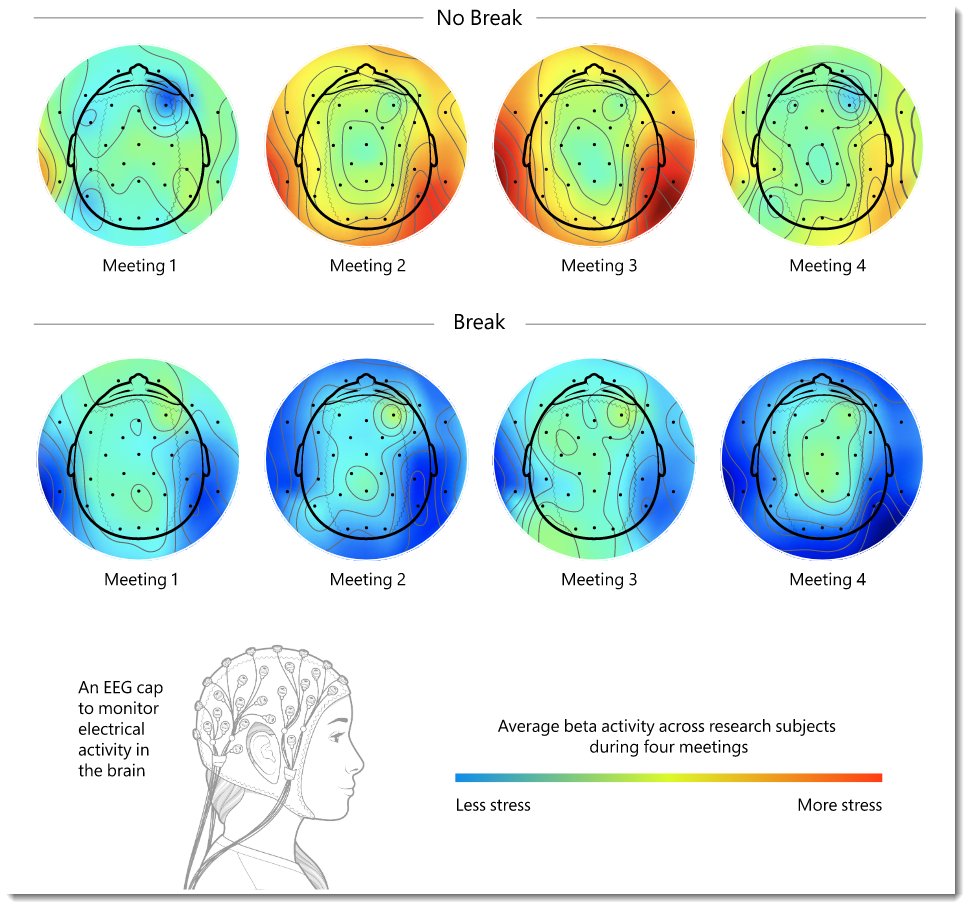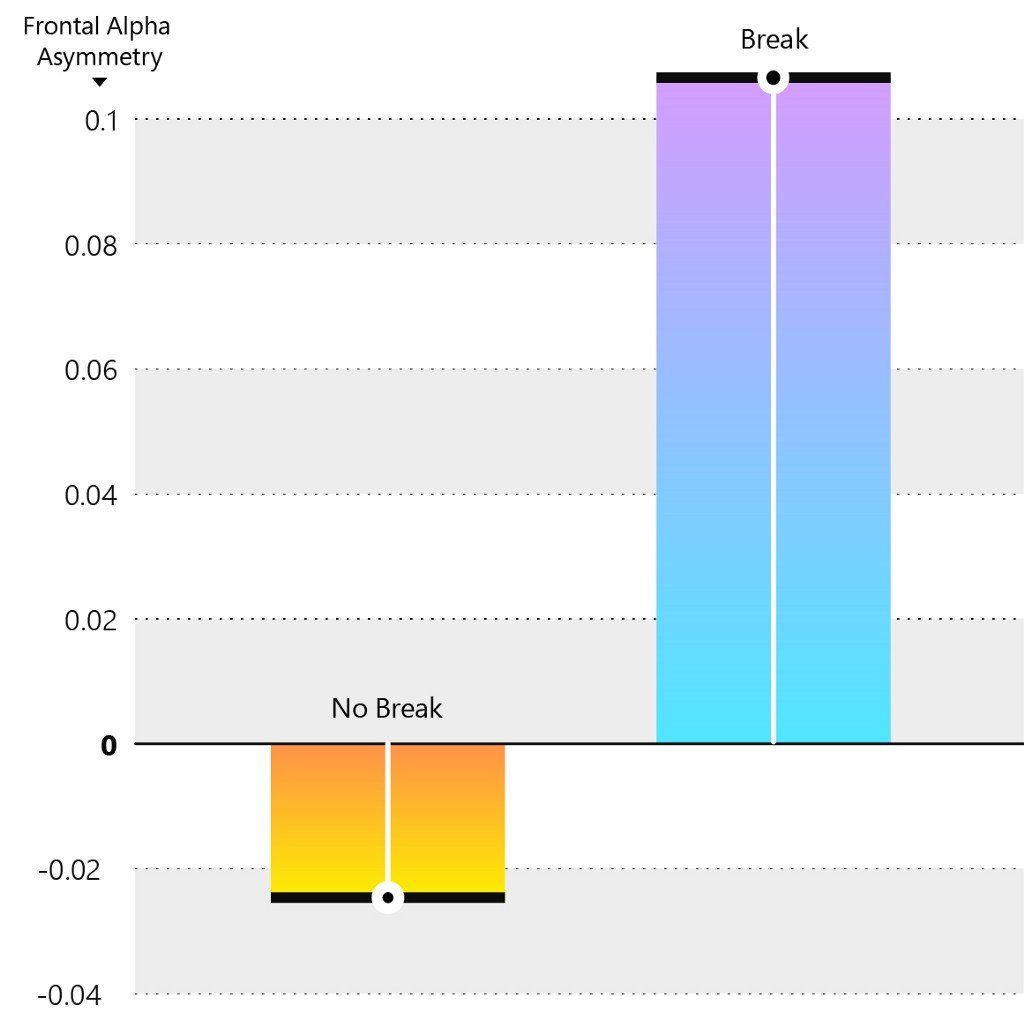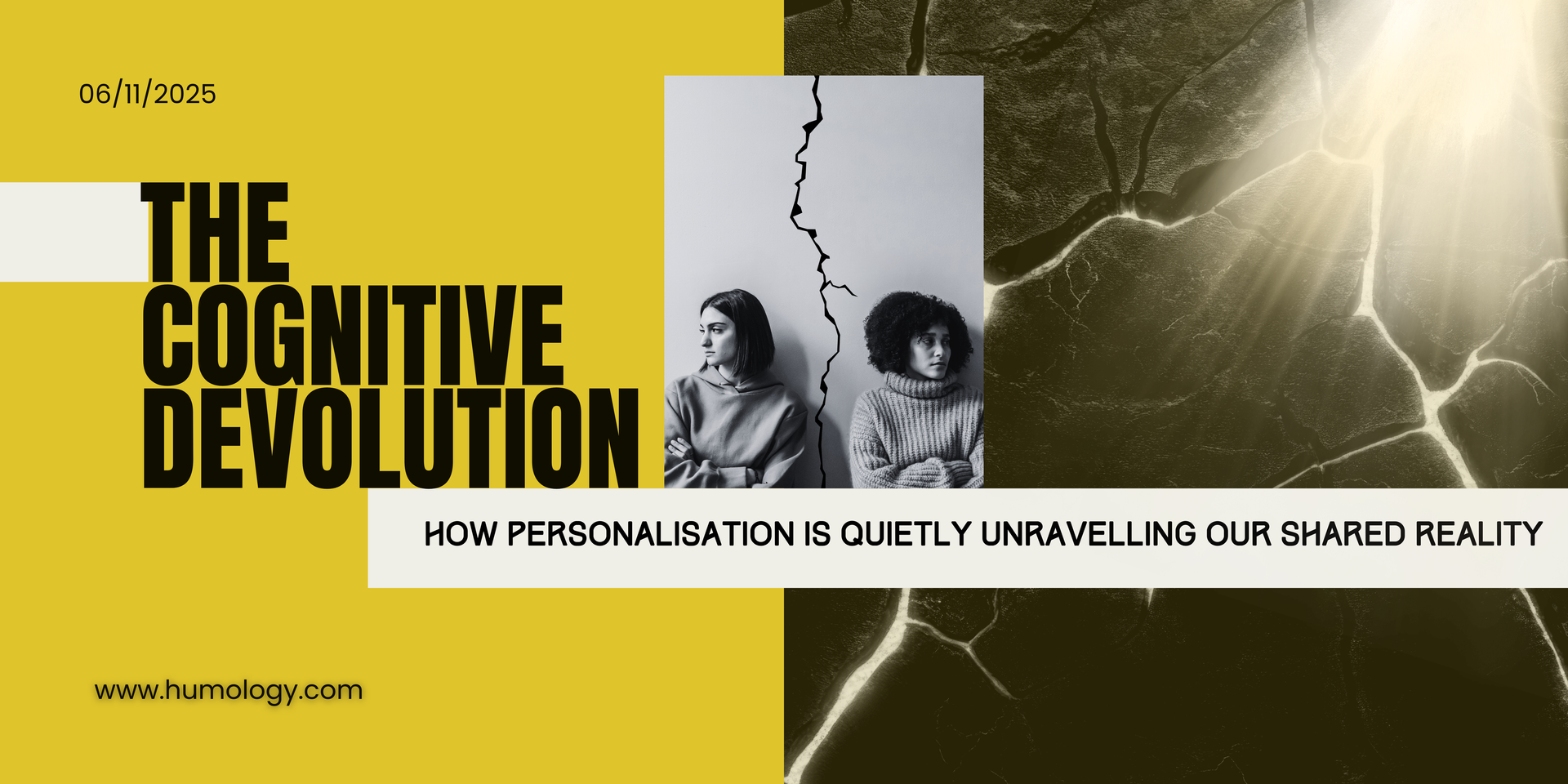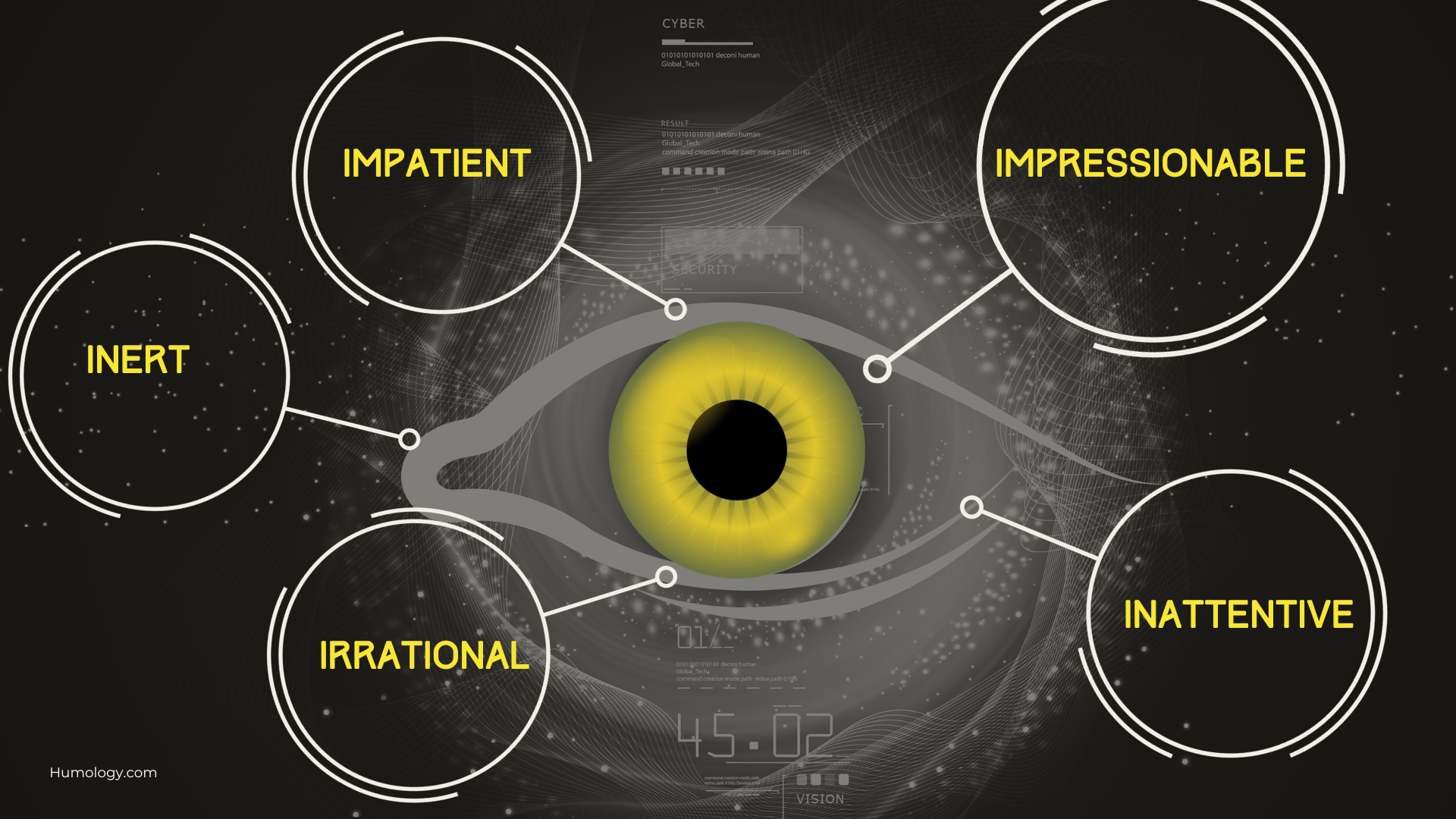Back to back video calls have been a challenge for us to manage — not leaving enough time between meetings to grab a glass of water, take a bio break, or even stretch your legs! Many of us have resorted to multi-tasking our way through meetings, answering emails or messages, telling ourselves that we’ll be more productive and get more done by the end of the day.
Multitasking is another fallacy — our brains don’t actually multitask, they switch from one thing to another. The end result of constant context switching and interruptions is a slow demise in our attention and focus. Many of us recognise this mid-state — we’re not quite flourishing, we’re not depressed, but we feel uninspired — just ‘meh’.
Adam Grant’s recent article gave us a name for it — he refers to this state as
languishing
. It’s not
burnout
— we still have energy. It’s not
depression
— we still hold hope. It’s a state where we feel somewhat joyless, stagnated and empty, and it’s the reason I took an 11-week sabbatical from my job in 2017. I knew there was something missing — an absence of motivation, creativity and joy, and growing cynicism. Not a great recipe for long-term resilience! Immersing myself in family, friendships, reading, gardening and travelling helped me replenish and return to my role with enthusiasm and energy.
We know this intense, sedentary lifestyle hasn’t been kind to our overall wellness, but
new research just released from Microsoft’s Human Factors Lab provides the data we need to devote real attention to the health of our brains . Researchers from the lab, which examines how humans interact with technology, asked 14 people to take part in video meetings while wearing electroencephalogram (EEG) equipment — a cap to monitor the electrical activity in their brains. Participants in the study were monitored as they spent two hours in four 30 minute back-to-back meetings, and then again monitored with the same schedule of meetings interspersed with 10 minutes of meditation before the next meeting.
The results are interesting and have implications for how we think about the future of work, remote collaboration, and meetings in general.
1. Breaks between meetings allow the brain to “reset,” reducing a cumulative buildup of stress across meetings
Back to back meetings increase beta waves (
the brain waves associated with stress )over time. So, by the time you hit your 3rd or 4th meeting of the day, you are carrying the stress from the previous meetings!
Without a reset option, the brain continues to accumulate this stress and will eventually suffer. With 10 minute breaks between meetings, the results were clear — the antidote to meeting fatigue is to take short breaks.
2. Back-to-back meetings can decrease your ability to focus and engage
Without the intermittent breaks to reset, the study also showed that participants were less engaged in subsequent meetings (measured by levels of frontal alpha asymmetry), and therefore not as focused. To do our best work, we need to treat each meeting as a separate block of work that needs focus, rather than multitask or push through a meeting marathon.
Ask yourself,
how would that work in the real-world
? In a previous company I worked at, we would often run between buildings to get to the next meeting room, stressed because we had to wrap the other meeting on time, and shameful that we were arriving late and frazzled to the next meeting. Despite agreeing to end meetings after 50 minutes to allow for transfer time, we still found ourselves apologising for finishing meetings ‘early’.
What would it take to change our learned behaviours for the long term?
3. Transitioning between meetings can be a source of high stress
Before we finish up at one meeting, we are checking in mentally to the next meeting — the competing messages add to an already-stressed brain and prevents us from winding down one meeting before switching gears to the next one. In fact, the activity in our brainwaves showed persistent stress levels with back-to-back meeting — this is contrasted by a significant fall in stress levels when we meditate between meetings.
So, what can we do about?
Think Differently
— try to shift your thinking a little by focusing on presence above productivity. Powering through, at all costs, is adding liabilities to your wellness balance sheet — try offsetting those liabilities with activities that boost your mental assets, like breathing breaks, mindfulness activities (such as colouring), a short walk (or a dance!), or just stare out the window for a few minutes and let your weary mind rest.
Lead by Example
— mindfully schedule meetings for 45 minutes, and stick to the time . Ensure the content or discussion is tailored for the shorter duration and indicate you are wrapping up after 35 minutes. Signalling the end of the meeting is approaching earlier sends a strong message to your team that you are committed to action rather than paying lip service to the research
Make it Count — we’ve all heard this advice before but here it goes again — question every meeting! Is it necessary? Could it be an email or a Slack conversation? Who needs to be there? Are you clear about the purpose and outcomes? Have you communicated them to the participants in advance?
Make it Interactive — there is nothing worse than webinars! Digital monologues and one-way conversations practically ensure your audience will get distracted. Think of ways to keep your meeting participants engaged — let them know why you need their time, and let them contribute. I’m not talking about forced-fun team building exercises — simply respect each others time and energy.Paragraph





















